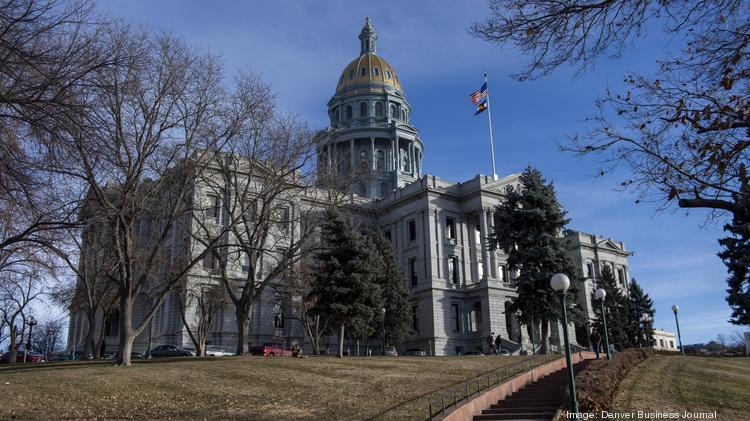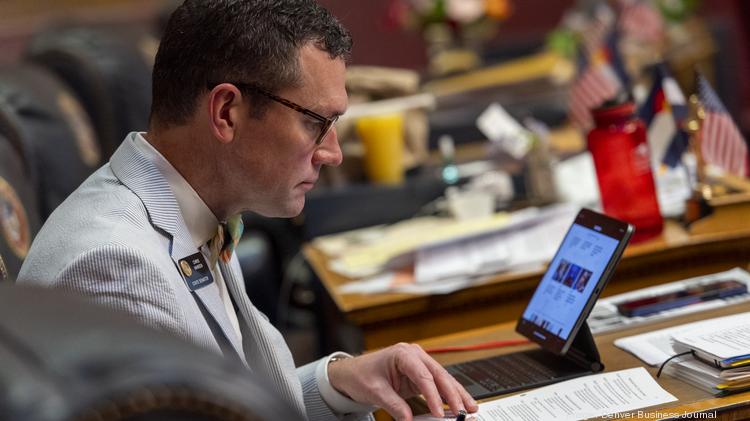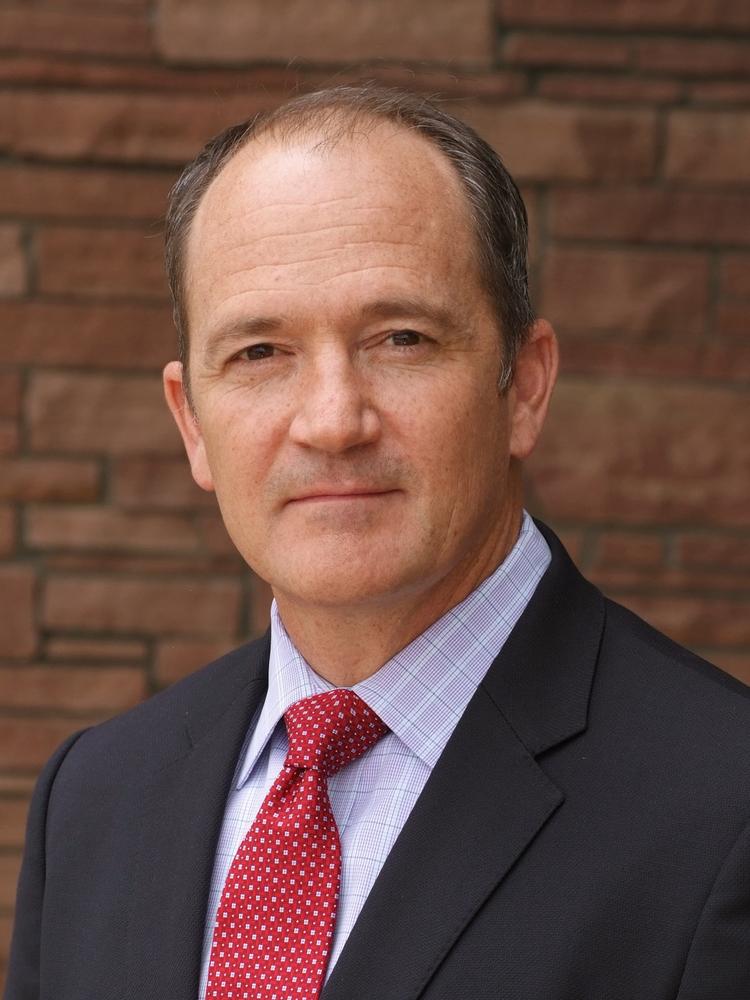Here's what's targeted in Colorado's first big environmental bill of the session
Here's what's targeted in Colorado's first big environmental bill of the session
The first big environmental bill of Colorado's 2023 legislative session arrived this week, targeting gas-powered lawn equipment, state investments in fossil fuels and gaps in existing emission-reduction goals.
Senate Bill 16, sponsored by Denver Democrat Chris Hansen, largely reboots last year’s Senate Bill 138, which died at the end of the session as a concession to get House Republicans to end a filibuster. A big difference this year, however, is that the bill begins with more focus on incentives, proposing income-tax credits for folks buying electric lawn equipment in the coming years rather than seeking to ban the sale of new gas-powered lawnmowers or leaf blowers.
Hansen, who also is running for Denver mayor, said he wanted to try again to take a holistic approach to reducing emissions, seeking both to target growing sources of such emissions and to force the state government and large investors to have to consider their efforts to do so.
The introduction of SB 16 comes just days after Senate President Steve Fenberg and House Speaker Julie McCluskie said in opening-day speeches that despite expansive efforts in the past four years to reduce emissions, there is more the state can do, particularly to reduce ozone levels.
The most talked-about piece of the bill is likely to be the 30% income-tax credit it offers on the purchase price for new electric-powered lawn equipment between 2024 and 2026. In SB 138 last year, Hansen had sought to ban the sale of new gas-powered lawn equipment after 2030 in the federally designated ozone non-attainment area that covers much of the Front Range, but he bumped the effort back to an incentive-driven one following backlash.
Since that time, environmental groups have focused more attention on lawn implements, including a November report from the Colorado Public Interest Research Group (CoPIRG) Foundation noting that such equipment accounts for an estimated 2.5 parts per billion of the Front Range’s ozone pollution.
While a smaller total than oil and gas (8.6 ppb) and on-road vehicles (6.8 ppb), the elimination of gas-powered lawnmowers and weed whackers could achieve 18% of the total reduction needed to bring the Front Range into compliance with federal clean-air standards for ozone, report author Kirsten Schatz noted.
Colorado state Sen. Chris Hansen, D-Denver, works at his desk on the penultimate day of the 2022 legislative session.
Hansen said he believes the state can start to eliminate those emissions just by giving people a financial reason to make the switch to electric equipment, and he believes an incentive-laden plan is likely to be far less controversial.
“The science is so clear on this,” he said.
But other parts of the bill are likely to generate more controversy.
The state, for example, now has greenhouse gas emission-reduction goals in place requiring a 50% reduction in statewide gas pollution by 2030 as compared to 2005 and a 90% reduction by 2050. SB 16 adds new interim yard markers — 65% by 2035, 80% by 2040 and 90% by 2045 — and boosts to 100% the reduction levels in 2050.
Even Gov. Jared Polis’ Colorado Energy Office opposed different interim goals that Hansen sought last year. But Hansen said he believes he can rally support for these future goals this year because by putting them more than a decade out, it will help the Colorado Air Quality Control Commission and other bodies to think about what triggers can make a difference and have time to plan for their implementation.
“The [GHG Reduction] Roadmap is the governor’s team’s ideas. That’s not statute. I appreciate the document, but I think what we need is a clear set of directions in statute that will help us achieve the goal,” Hansen said. “I think it will improve our rule-making processes and our commissions because we’ll have a set of targets.”
Colorado Concern President/CEO Mike Kopp, however, said that what the bill terms merely as “goals” will turn, upon enactment, into a broad legislative mandate to unelected regulators to take steps that are not specifically outlined in the bill.
Groups such as Colorado Concern, the Colorado Chamber of Commerce and the Denver Metro Chamber of Commerce have said the Legislature is ceding too much power to appointed boards, which has led to the introduction or passage of rules in recent years to take steps such as barring funds from highway expansions that don’t cut emissions.
Mike Kopp, president and CEO of Colorado Concern
“The bill is drafted so that it is difficult to grasp the sweeping reach of its impact on the lifestyle and business choices that will affect all Coloradans,” Kopp said in an email to Denver Business Journal. “What is the mandate? It is to eliminate emissions from anywhere in the economy they see fit at a time and manner of their choosing. It's rather astonishing when you consider the extent of the power the Legislature is conferring to a group of people who have never had to stand for re-election.”
SB 16 also seeks to require large insurance companies and the state’s Public Employees Retirement Association to perform climate-related investment risks on their portfolios to disclose how much money they have tied to fossil fuels. It also would require the PERA board to adopt proxy voting measures by next year that ensure the board’s voting decisions align with Colorado’s official greenhouse gas emission-reduction goals.
PERA officials have fought this proposal, both as a standalone bill in recent years and as a provision in Hansen’s bill last year, arguing that it would be an added cost to a pension plan that already is facing a steep unfunded liability.



Comments
Post a Comment